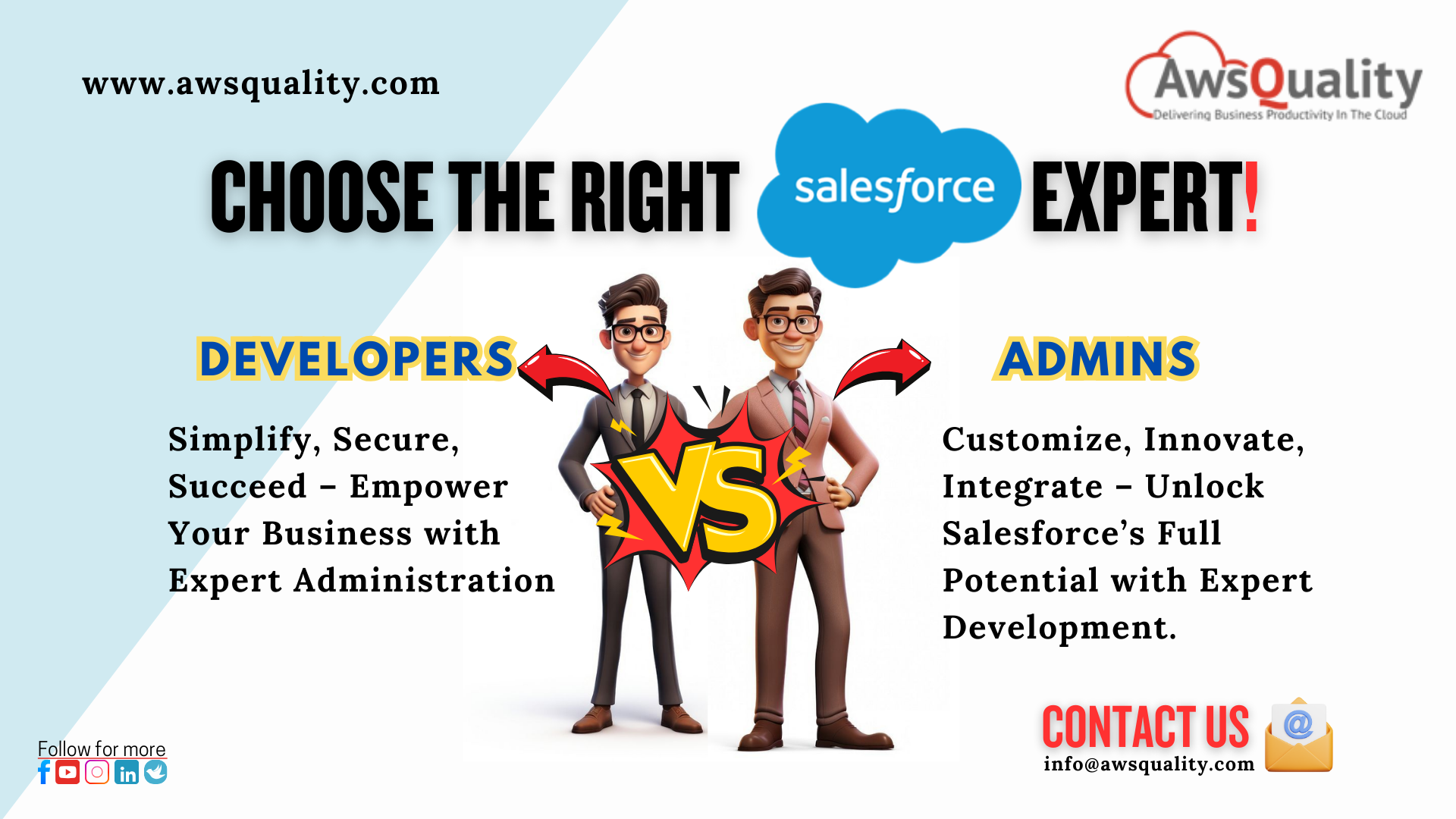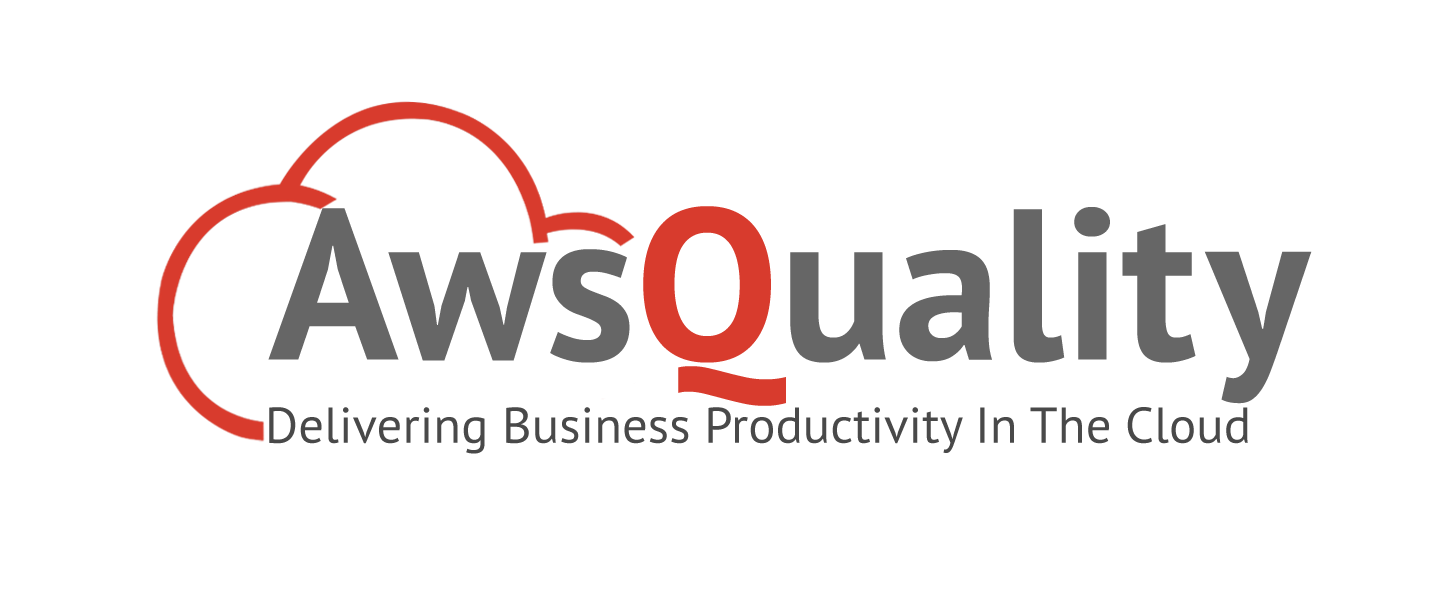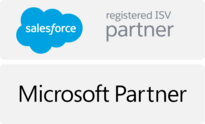
Introduction: In today’s digital world, Salesforce plays a crucial role in helping businesses streamline their operations and enhance customer relationships. Whether you’re looking to hire remote Salesforce developers or need administrative support, understanding the differences between Salesforce Developers and Admins is essential. At AwsQuality, a leading Salesforce Development Company, we provide expert Salesforce consulting and development services that empower businesses to maximise their Salesforce investment. Our team of Salesforce-certified developers and experienced admins ensure you get the best solutions tailored to your needs.
Who is a Salesforce Administrator?
A Salesforce Admin is responsible for configuring the Salesforce platform using declarative tools without writing code. They focus on ensuring the system meets business requirements and is user-friendly.
Roles and Responsibilities of a Salesforce Admin
- User Management:
- Setting up user accounts and managing permissions.
- Ensuring data security and access control.
- Configuration:
- Using declarative tools like Process Builder, Flow, and Workflow Rules.
- Automating business processes without coding.
- Data Management:
- Importing/exporting data and maintaining data quality.
- Performing regular backups and data deduplication.
- Reports and Dashboards:
- Creating insightful reports and dashboards for business decision-making.
- Support and Training:
- Providing support and training to users for effective utilisation.
Essential Skillset for Salesforce Admins
- Salesforce Platform Knowledge: Deep understanding of Salesforce features.
- Problem-Solving: Ability to troubleshoot system issues.
- Communication: Strong interpersonal skills to work with users.
- Attention to Detail: Ensuring data accuracy and security.
Who is a Salesforce Developer?
A Salesforce Developer focuses on customising and extending the Salesforce platform using programmatic tools and coding languages such as Apex and Visualforce.
Roles and Responsibilities of a Salesforce Developer
- Custom Development:
- Writing code in Apex, Visualforce, and Lightning Web Components.
- Developing unique features based on business needs.
- System Integration:
- Connecting Salesforce with third-party systems using APIs.
- Ensuring smooth data flow between platforms.
- Customisation:
- Creating tailor-made applications and workflows.
- Code Maintenance:
- Optimising existing code and debugging errors.
- Collaboration:
- Working alongside admins and stakeholders for effective solutions.
Essential Skillset for Salesforce Developers
- Programming Languages: Proficiency in Apex, JavaScript, and Visualforce.
- Technical Knowledge: Understanding of Salesforce architecture and security.
- Analytical Skills: Analyzing complex business requirements.
- Collaboration: Coordinating with cross-functional teams.
Key Differences Between Salesforce Admins and Developers |
||
| Category | Salesforce Admin | Salesforce Developer |
| Focus | System configuration without coding | Custom development using code. |
| Tools Used | Programming tools (Apex, Visualforce, and LWC) | Programmatic tools (Apex, Visualforce, LWC) |
| Responsibilities | User management, data quality, reporting | Custom app development, integrations, code testing |
| Skillset | Problem-solving, communication, data management | Coding skills, API integrations, debugging |
| Collaboration | Works with users and stakeholders | Works with admins and business analysts |
Where the Lines Blur: Admin v/s. Developer
While their roles are distinct, Salesforce Admins and Developers often collaborate in various areas, such as:
- Solution Design:
- Working together to create solutions that require both declarative and programmatic capabilities.
- Testing and Deployment:
- Ensuring that new features and enhancements are thoroughly tested and deployed smoothly.
- Continuous Improvement:
- Collaborating to enhance the Salesforce platform and keep up with evolving business needs.
Salesforce Career Paths
Salesforce offers diverse career opportunities, including:
- Salesforce Administrator: Focuses on business processes and user management.
- Salesforce Developer: Specializes in technical development and customization.
- Salesforce Consultant: Bridges the gap between business goals and technical solutions.
- Salesforce Architect: Designs enterprise-level solutions.
- Salesforce Designer: Optimises user experiences.
The Demand for Salesforce Admins and Developers in 2025
With Salesforce’s growing market presence, businesses continue to seek qualified professionals to manage and enhance their CRM systems. Hiring Salesforce developers and admins is expected to increase significantly due to:
- The rise of AI-driven automation in Salesforce.
- Increasing adoption of Salesforce Marketing Cloud.
- Demand for customised Salesforce solutions.
If you’re looking to hire remote Salesforce developers or admins, partnering with a trusted Salesforce Development Company like AwsQuality can help you stay ahead.
Why Choose AwsQuality for Salesforce Development?
AwsQuality is a trusted Salesforce Development Company in the USA and UK, offering end-to-end Salesforce solutions. Our team of Salesforce certified developers provides:
- Tailor-made Salesforce development services.
- Seamless system integration.
- Expert consultation for business transformation.
Our Ratings and Reviews
AwsQuality is highly rated on various platforms:
- Clutch – 4.9/5
- TrustPilot – 4.8/5
- Crunchbase – Recognised industry leader
Conclusion
Whether you need or hire a Salesforce Admin to manage daily operations or a Salesforce Developer to create custom solutions, understanding their roles is crucial for business success. At AwsQuality, we specialise in providing top-notch Salesforce development services, helping businesses achieve their goals with tailored Salesforce solutions.
Ready to elevate your Salesforce experience? Contact info@awsquality.com today!




